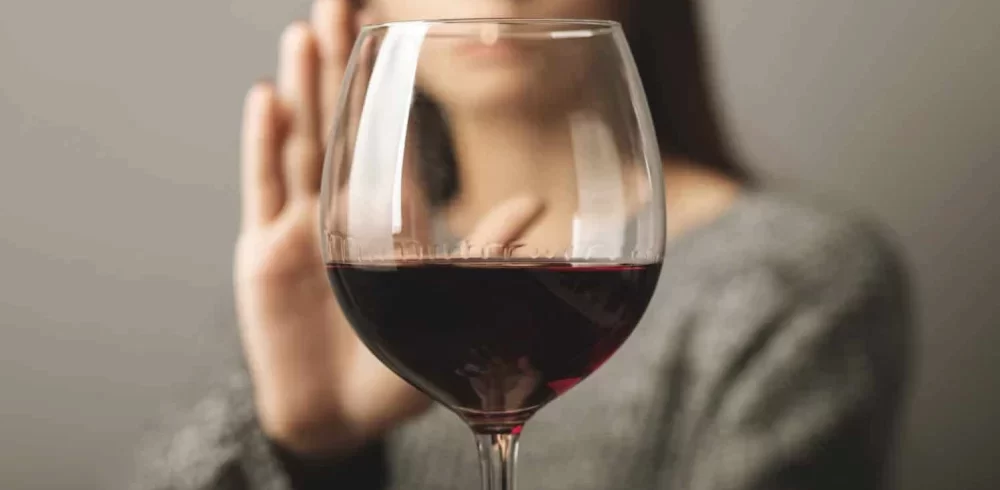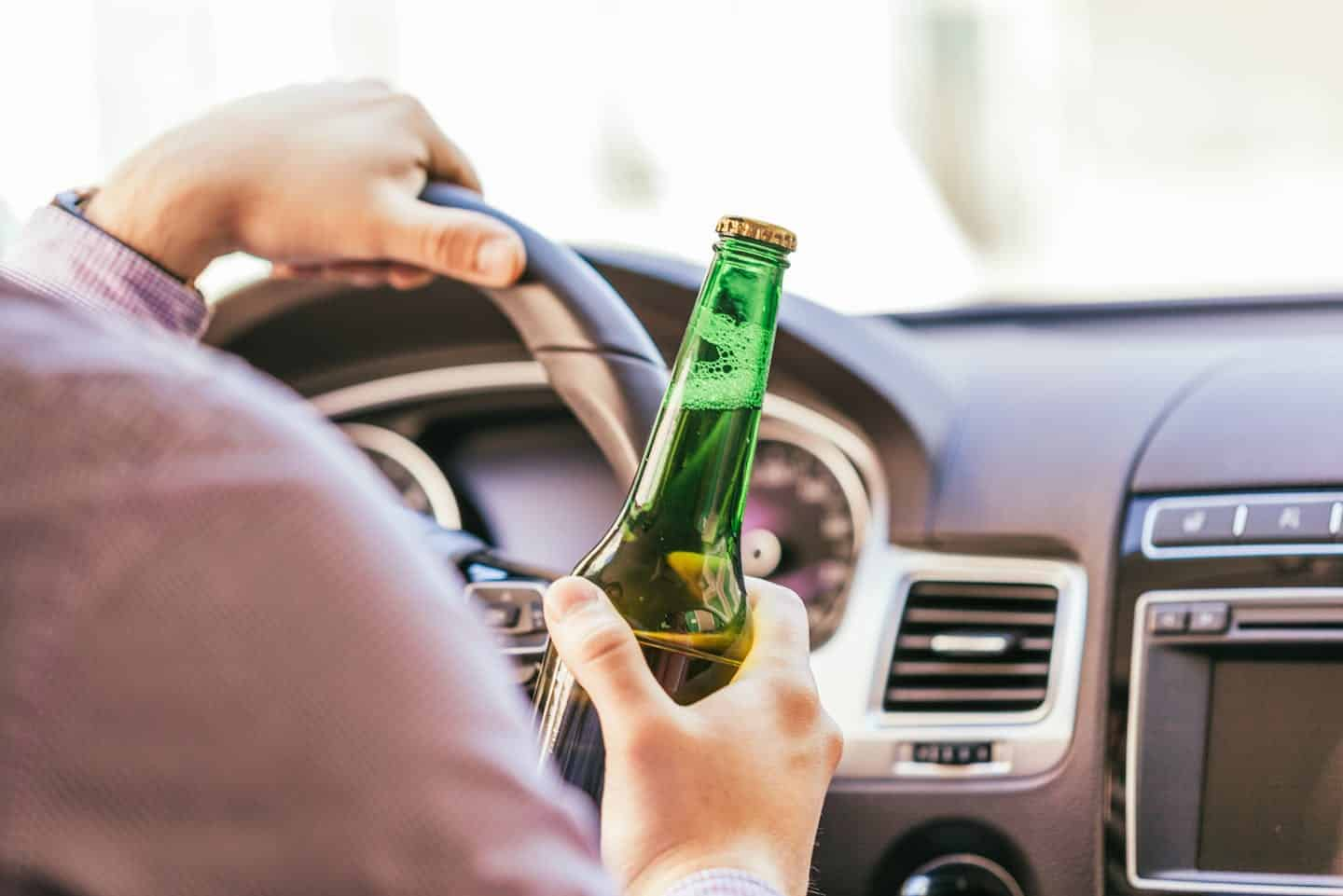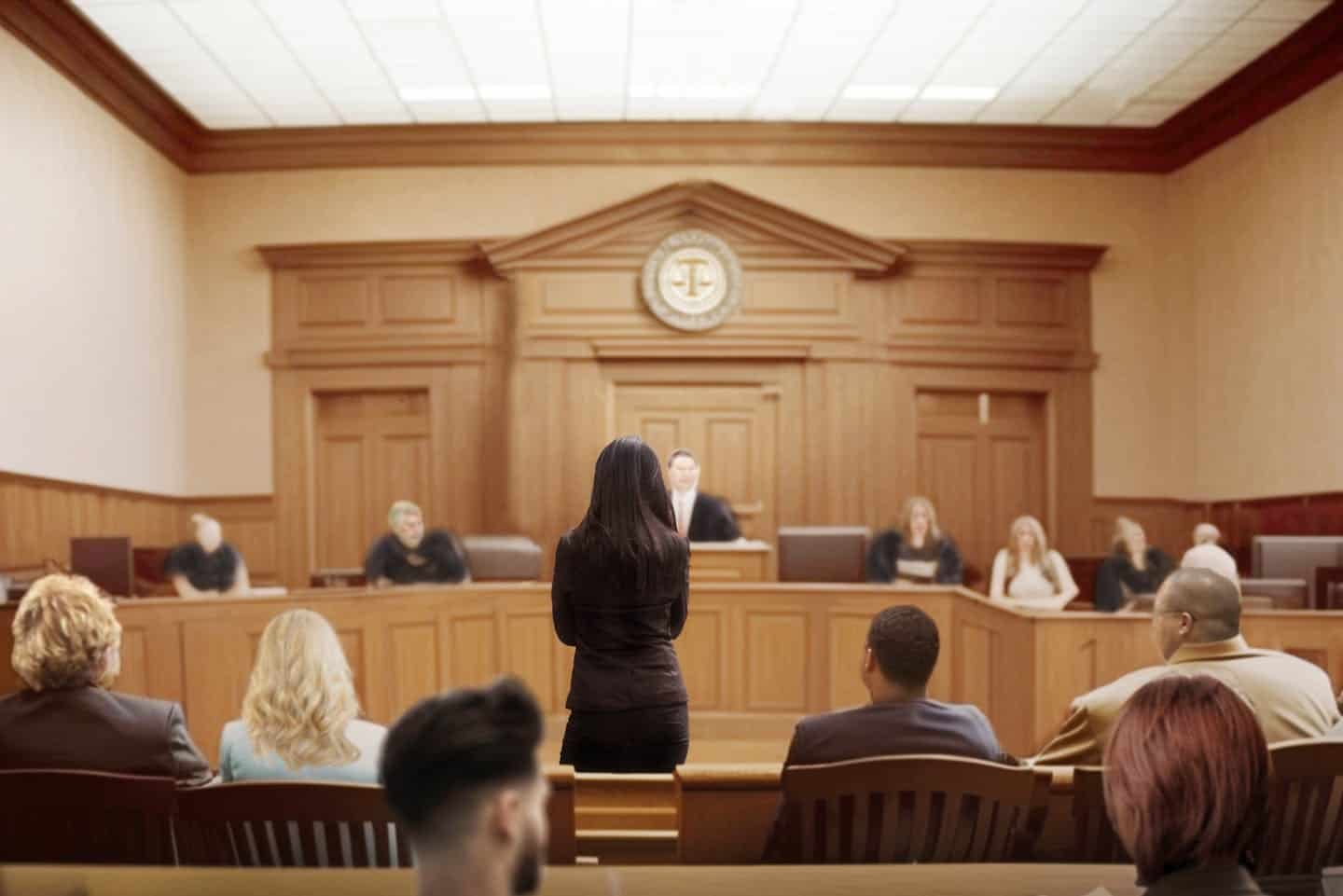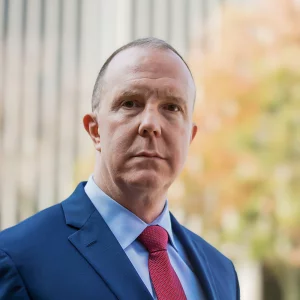Michigan law requires an ignition interlock device for anyone with a restricted license because of a DUI conviction who obtains a restricted licenses through a Sobriety Court program.
Michigan Sobriety Court: A Second Chance For Repeat DUI Offenders

Key Takeaways
- Sobriety Court is a specialty court program for certain people with prior DUI convictions.
- The program emphasizes Alcohol and substance abuse treatment.
- Participants may obtain a restricted license through Sobriety Court rather than having their driver’s license completely revoked.
- Sobriety Court requires alcohol and drug testing, as well as substance abuse counseling and treatment.
A DUI charge can be very stressful. It requires a careful approach, both legally and in your everyday life. Sobriety is often a big concern after a DUI stop. The process of becoming sober can be difficult not only for you but the people around you.
The state of Michigan has provided a potential solution in the Sobriety Court program. Not only can it help with your sobriety, but it can also significantly limit the penalties for your DUI case.
If you are facing a 2nd or 3rd offense drunk driving charge, an experienced DUI defense attorney can help you learn more about whether Sobriety Court is right for you.
What Is Michigan Sobriety Court?
Sobriety Court is a specialty court program similar to drug treatment courts or mental health courts. In the Greater-Detroit area of Wayne, Oakland, Macomb, and the surrounding counties, Sobriety Court is intended for select individuals facing 2nd or 3rd offense DUI charges.
Sobriety Court allows people with prior DUI convictions to avoid some of the penalties that normally come with a DUI conviction, such as driver’s license revocation. Participants may keep a restricted license.
The program’s official name is “DWI court,” even though the rest of Michigan law does not use the term DWI. The actual offense under Michigan law is “Operating While Intoxicated” (OWI), although most people just call it DUI.
The foundation of the Sobriety Court program is the belief that a person facing a 2nd or 3rd DUI charge has a drinking problem. The program, therefore, places significant focus on substance abuse treatment.
What Does Michigan Consider a Habitual Alcohol Offender?

A “habitual alcohol offender” in Michigan is someone who has received a 2nd DUI conviction within 7 years or a 3rd DUI conviction within 10 years.
Legally, this designation results in driver’s license revocation. A 2nd DUI offense generally carries a minimum 1-year revocation. For a 3rd DUI offense, the revocation lasts at least 5 years.
In addition, it is written into the law that a “habitual alcohol offender” is presumed to have some kind of drinking problem.
Normally, a person must file a formal driver’s license restoration appeal with the Michigan Secretary of State after the minimum revocation period is over.
Sobriety Court provides an alternative to the standard method of reinstating a driver’s license.
How Does Sobriety Court Help to Win a License Restoration Appeal in Michigan?
To win a license appeal, you must provide “clear and convincing evidence” that your legally presumed alcohol problem “is under control and likely to remain under control.”
This generally means proving that you have been sober for a sufficient amount of time and are committed to remaining that way for life. This is a very difficult burden of proof. Sobriety Court provides a significant head start in that regard.
Who Are the Best Candidates for Sobriety Court?
The ideal candidate for Sobriety Court is someone who has already realized that they have a substance abuse problem and are ready to address it. Many people charged with a 2nd or subsequent DUI offense have not yet reached this point.
How Do You Qualify for Sobriety Court in Michigan?
Sobriety Court has three main eligibility requirements:
- You have 2 or more prior DUI convictions.
- You have no convictions for violent crimes.
- You must reside within a certain geographic area. Some courts are more flexible with this than others.
Other Things to Consider With Sobriety Court
Sobriety Court involves alcohol and drug testing, as well as a commitment to attend community support meetings, like Alcoholics Anonymous (AA) or Narcotics Anonymous (NA). Daily or frequent attendance may be required at first.
Can I Use Marijuana While Attending Sobriety Court?
Marijuana usage of any kind during Sobriety Court is strictly prohibited. This includes CBD products and other marijuana-derived compounds.
You will be assigned a probation officer when you begin the program. You must disclose to them all medications that you take, whether prescription or over-the-counter.
What Are the Pros and Cons of Michigan Sobriety Court?

Sobriety Court offers many benefits, but it might not be ideal for everyone.
Pros of Sobriety Court
- Opportunity to address substance abuse or chemical dependency issues
- Possibility of reduced sentences
- Higher chance of getting a restricted license after 45 days
- Helps to avoid vehicle forfeiture
Cons of Sobriety Court
- Routine alcohol and drug testing
- Forfeiture of certain constitutional rights, such as allowing police to search your house for alcohol and/or drugs without a warrant
Why Work With Jeffrey Randa & Associates
Jeffrey Randa and Associates focuses exclusively on DUI, driver’s license restoration, and other criminal cases. This allows the attorneys and staff to focus their skills on the specific issues involved in these types of proceedings.
The firm’s founder, Jeffrey Randa, supplemented his legal education with a post-graduate program in addiction studies. This helps clients who may be open to considering a Sobriety Court program.
Testimonials
“Attorney Jeff and his team are absolutely amazing! I highly recommend contacting and using their services. They will treat your case with care and support throughout the entire DUI process. I greatly appreciate their expertise and fast responses to any concerns I had. Beth is very kind and helpful as you are going through this process. Everyone on the team treats you with respect and wants the best outcome for you. They are the number one, second to none firm. Thank you again.” — Talise A.
Were You Charged With A DUI In Michigan?
Your Best DUI Defense Starts Here. We’ll Protect You and Your Future.
Need Help With a DUI? Call Jeffrey Randa & Associates
If you need to hire an attorney for a DUI charge in the Greater-Detroit area, Jeffrey Randa & Associates is here to help. You can call us, Monday through Friday, from 8:30 AM until 5:00 PM, at 586-465-1980. You can also use our online contact form.
We always provide a confidential and free consultation, done over the phone, right when you call. My team and I are very friendly people who will be glad to answer your questions, explain things, and help you better understand your situation and options.







